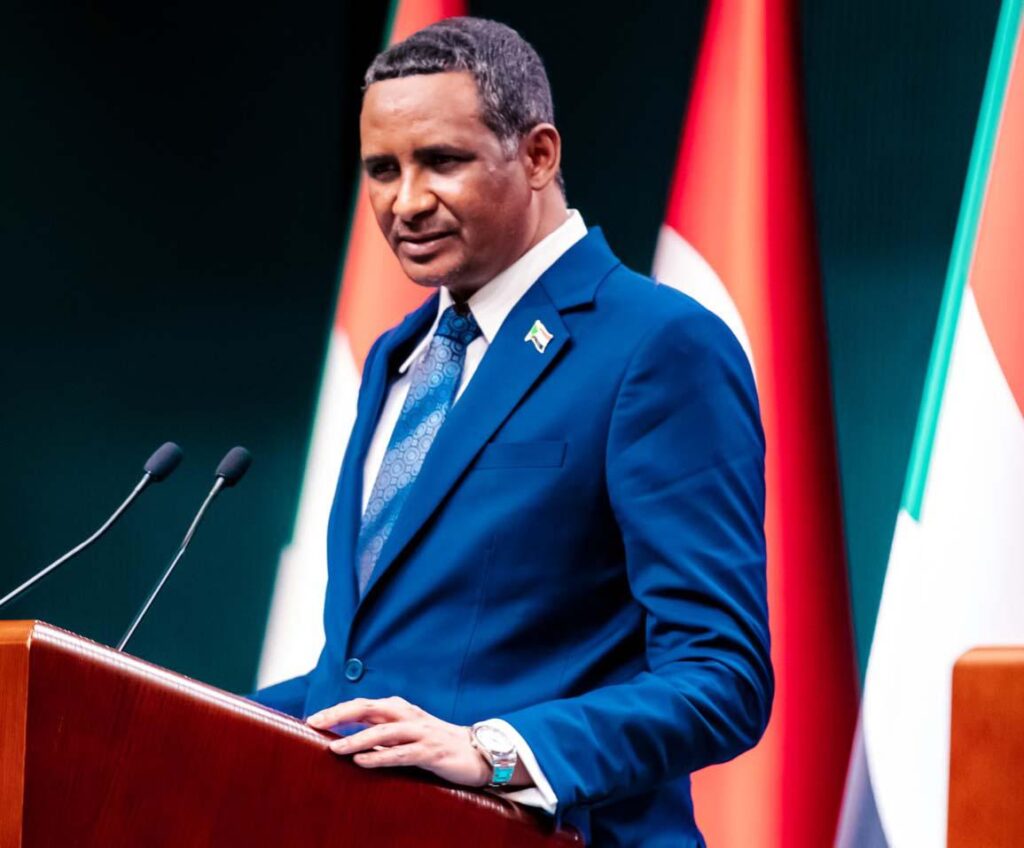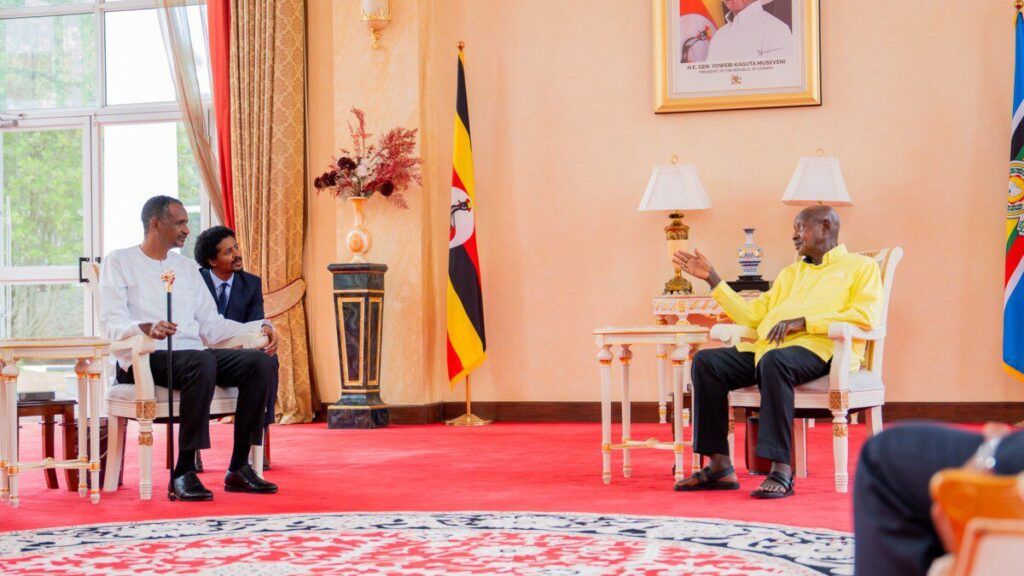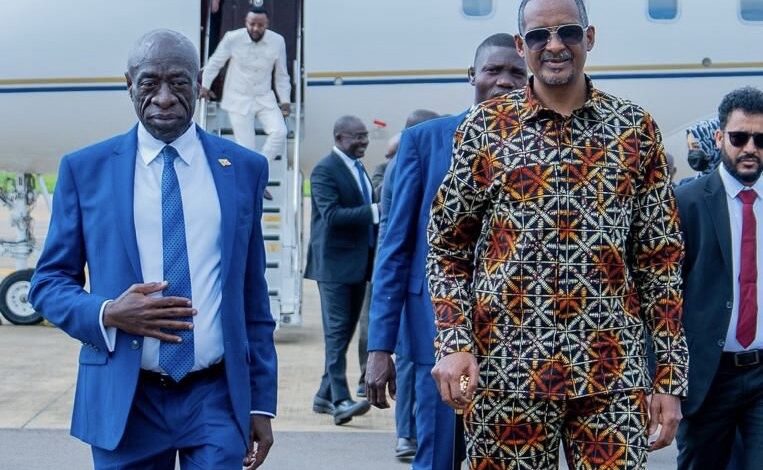
The Rapid Support Forces (RSF) said the war in Sudan is being driven by “extremist Islamist groups” embedded in General al-Burhan’s army (SAF) and framed the conflict as a continuation of past regime wars that derailed state institutions.
In a media statement, the RSF argued that only a comprehensive peace process that addresses root causes and rebuilds the state on “new foundations” can end the fighting.
The group traced what it called the “so-called army’s” record to the Muslim Brotherhood’s domination of military structures, alleging atrocities including mass civilian deaths in South Sudan, systematic abuses in the Nuba Mountains and Blue Nile, and the Darfur conflict since 2003. It said these crimes culminated in international arrest warrants for senior military leaders. The RSF also linked past Sudanese authorities to regional terrorism, citing the 1998 U.S. embassy bombings in Nairobi and Dar es Salaam and the 2000 attack on the USS Cole—episodes that contributed to Sudan’s former U.S. terrorism designation.
The RSF statement condemned “biased” international commentary that it says rewards spoilers and undermines the Quartet Initiative—led by the United States, the UAE, Saudi Arabia and Egypt—and the efforts of President Donald Trump’s administration to advance a peace process.
The RSF said it has engaged “constructively” with initiatives to end the war and set out seven core points:
- Responsibility and labeling: The RSF said wartime conduct shows the group deserving international condemnation is the “Islamic Movement and its army,” while the RSF claims to fight for “freedom, justice and equality” and opposes turning Sudan into a hub for terrorism and corruption.
- Truce stance: The SAF aligned with the “terrorist Islamic Movement” has rejected ceasefire proposals, including the Quartet’s humanitarian truce, the RSF said. It added that it officially approved and submitted a response to the truce proposal on Nov. 9, 2025, but “has not received any reply from the U.S. side,” asking: “Where is the other party, and where is its response?”
- Humanitarian imperative: The RSF said it views a humanitarian truce as both a bridge to comprehensive peace and a way to address the wartime catastrophe. It accused the army of mobilizing civilians as “popular resistance” and of refusing to recognize the Quartet on grounds it lacks a UN mandate.
- External backing: The RSF denied receiving any outside support and said the entities that should be disarmed are the Islamic Movement, its army, the global Muslim Brotherhood and “interventions of some regional parties, especially Iran and the Houthis.”
- Conduct of hostilities: Citing “U.S. testimony,” the RSF accused the SAF of using chemical weapons and bombing civilians with drones and barrel bombs, causing thousands of casualties. It called for independent investigations and accountability, saying those crimes were “well-documented.”
- El Fasher allegations: The RSF said alleged violations in El Fasher are not systematic. It said it established transparent investigative committees, arrested suspects accused of crimes against civilians, formed demining and humanitarian teams, invited relief groups to assist, opened humanitarian corridors for those wishing to leave, and guaranteed freedom of movement for those who remain.
- International posture: The RSF urged governments and rights groups to remain neutral, consult multiple sources, avoid “one-sided” allegations, and launch urgent independent probes into what it called the SAF’s documented crimes—including the decision to wage war—and to prosecute perpetrators regardless of affiliation.
The group argued that criticism of the RSF is effectively aimed at the Quartet process and U.S. mediation, which it said it “highly appreciates.” It reiterated a commitment to work toward ending the war and safeguarding regional and international security.
“We will continue our mission to dismantle the institutions of injustice, combat terrorism, and build a new Sudan on firm foundations of justice, equality, and good governance,” the statement concluded.




